First impressions of Sketch
One of 2025's brightest surprises, bound to become a new family favorite, Seth Worley's film understands the dangers of suppressing imaginations, even those that disturb us.
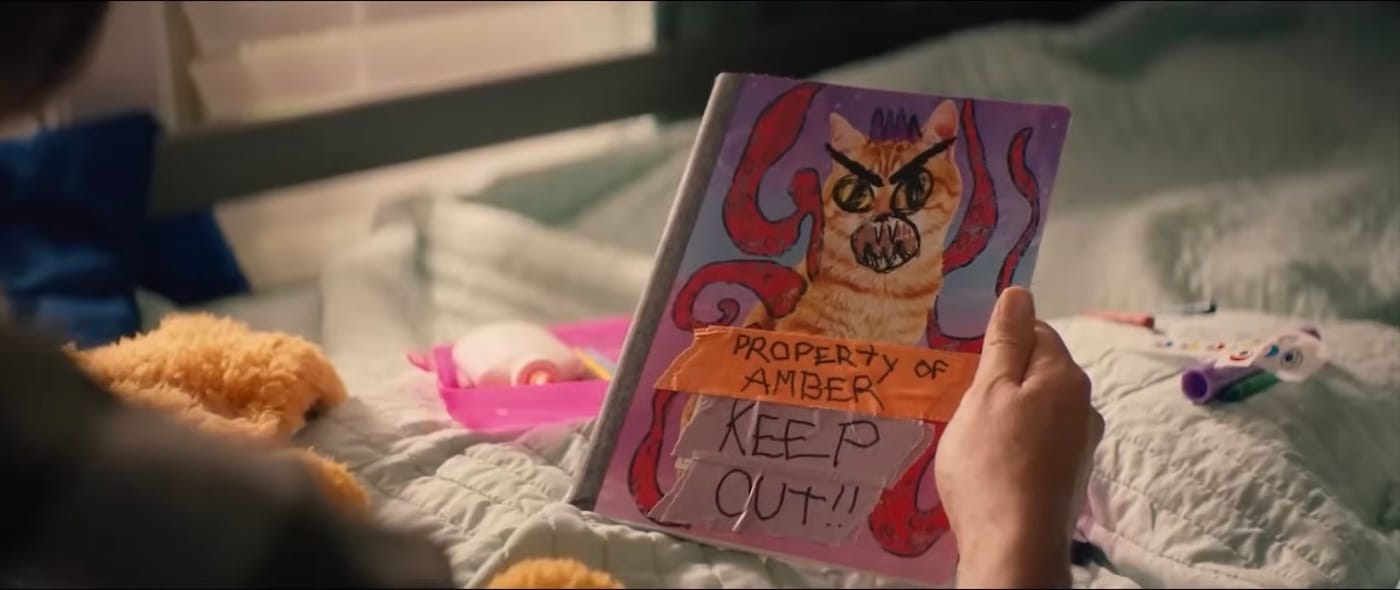
What if I told you that this movie is Stalker, but for kids?
It may seem like a stretch, but hear me out: Writer and director Seth Worley’s new fantasy film for families concerns Amber Wyatt (Bianca Belle), a girl who, at ten or eleven years old (I’m guessing), fills her journals with the kinds of violent drawings that terrify parents and keep school counselors busy. And it imagines what would happen if she carried that imagination with her into a mysterious “zone” in the wilderness where we find ourselves discovering, delighting in, or, most likely, recoiling in horror from what has been locked up in our minds and hearts.
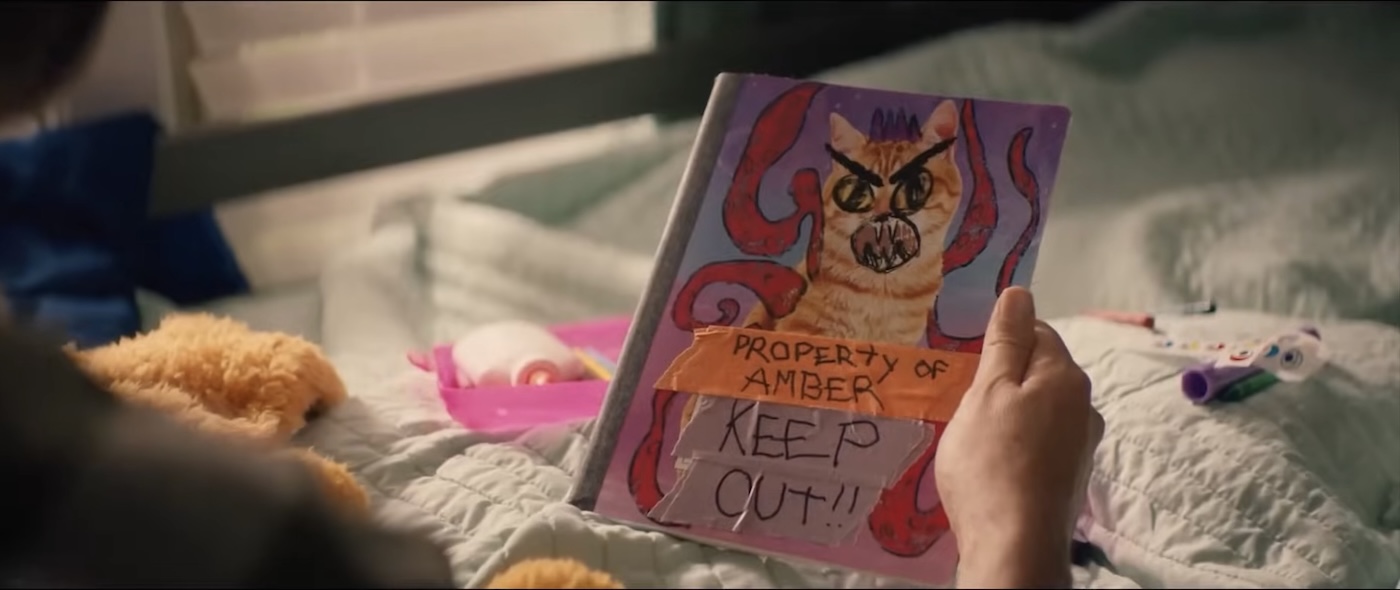
Andrey Tarkovsky’s Stalker followed travelers who left their families and communities behind, driven by a desire to understand a mystery in a wilderness region called The Zone. Each traveler encounters strange and troubling things there, phenomena that are rooted in whatever longings and fears they brought with them.
[Image from the trailer posted at Rotten Tomatoes.]
I don’t intend to push the connection farther than that. I bring it up only as a way of acknowledging that the wisest of poetic cinema for adults and the wisest of storytellers for children may sometimes be wrestling the same profound questions, and they may reach for similar vocabularies in order to raise and explore those questions.
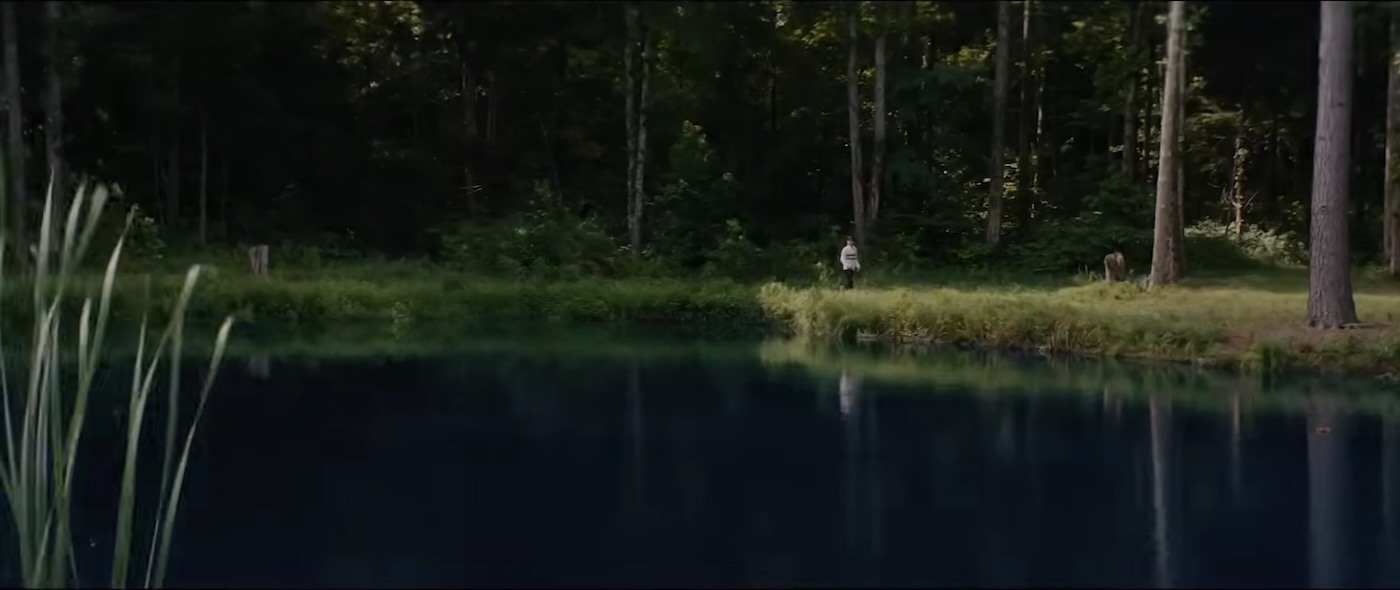
Maybe the children lucky enough to see Sketch on the big screen and then talk about it afterward with their families will be more receptive to the poetic mode of great cinema as they grow up. Maybe they’ll see Stalker one day, find that it speaks to them, and feel a tremor of recognition, as if they’ve been to the Zone before.
In the film, Amber’s wild sketches of murderous monsters and blood-spraying human victims are coming from a place of deep trauma. Her mother has died, leaving her and her older brother Jack (Kue Lawrence) as, well . . . what do you call children whose mother has died, but whose father remains?
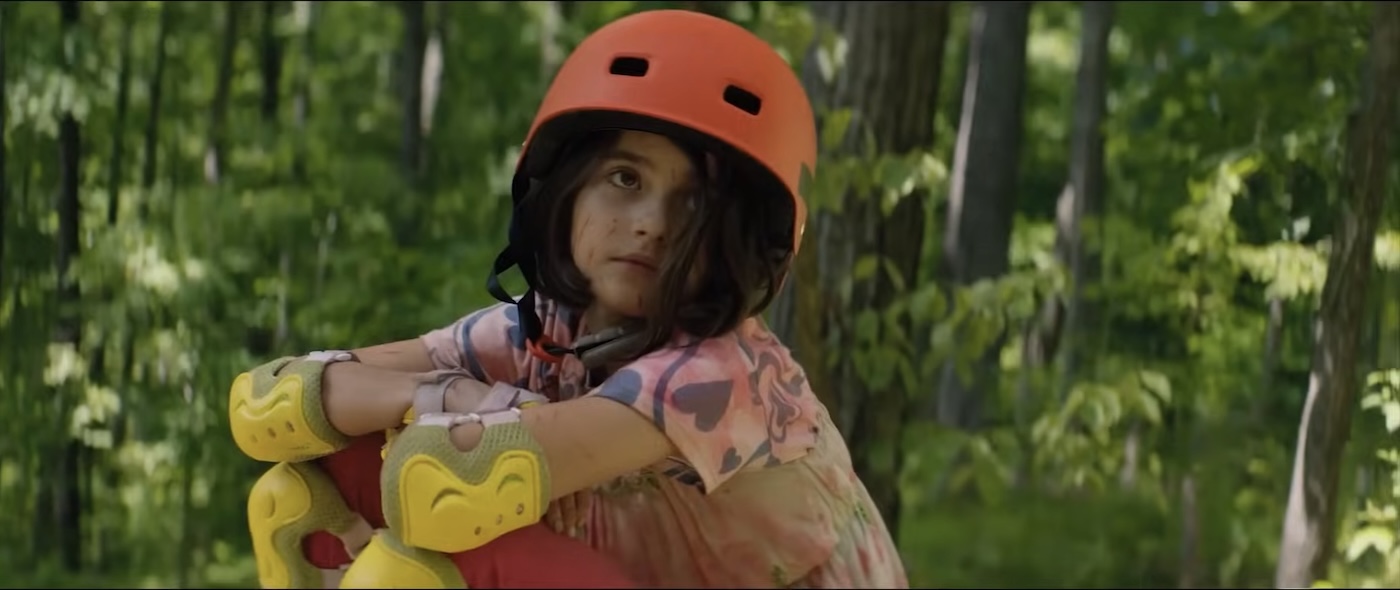
We learn the answer to that in the film. The conversation that leads to this vocabulary lesson is important, even though Jack and Amber’s father Taylor (played with tenderness and understated humor by Tony Hale) would rather shut it down. You see, even if an adult doesn’t like a clinical term, one that makes the gravity of a situation feel even stronger, it’s important that we find the right names for our troubles. Otherwise, we cannot engage them, or having any power of reconciling with them.
Taylor Wyatt cares about his children. But, like his children, Taylor has been deeply wounded by the loss of Ally (Allie McCulloch), the woman he loved. He doesn’t want to face that he’s being a single parent is hard, especially when burdened with grief. So, he’s establishing a pattern of silences and erasures, making it difficult for anyone to reckon with their loss. These wounds need to be treated. But they cannot be treated without being named. Thus, the Wyatts are left to wrestle with their unspoken hardships on their own, and the fractures between them are deepening.
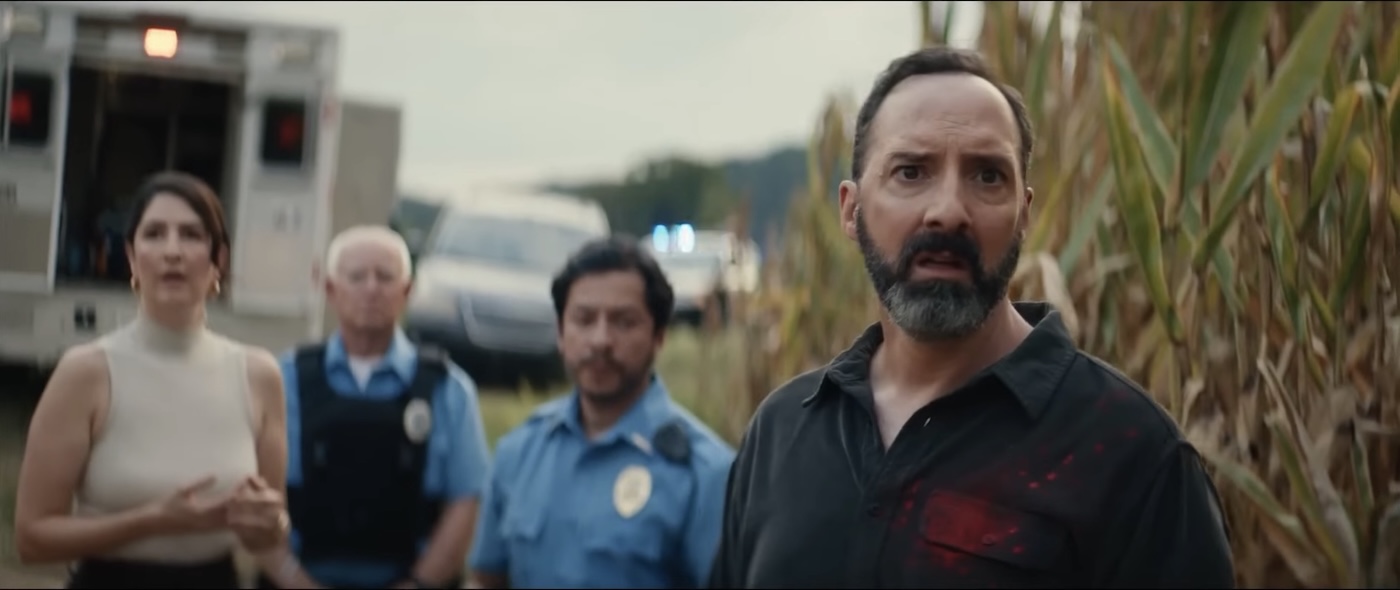
Taylor gets harassment from his sister Liz (D’Arcy Carden of The Good Place), who is doing her best to show the Wyatt’s home to potential buyers, but who can’t seem to keep this flustered, fumbling father out of sight. The evidence of the family’s troubles just keeps interrupting her sales pitches. And so, in time, Liz turns her talents as a sales agent to a different purpose: persuading Taylor that there might be better ways of dealing with his pain.
This sounds heavy, doesn’t it? And yet, this is a fantasy movie to be treasured and set on the shelf alongside some of the braver fantasy films for children — think Labyrinth, Coraline, Where the Wild Things Are, and, recently, Riddle of Fire.
To read the rest of this review—what I admire about the film, and what complicates my affection for it—join the readers who show support for my writing. Sign up for a paid subscription. It doesn’t cost much, and you’ll have access to the whole archive, and to upcoming first-impressions film reviews.
